The term personal business refers to tasks or activities that a person or company handles on themselves, such as managing finances, taking care of household chores, or arranging appointments. It could also refer to setting up and running an enterprise of a small size based on your interests, skills and experiences as a sole proprietor or individual.
Although privacy laws on data vary from country to country and state to state, they all have similar definitions of what constitutes personal information. Personal data is defined by the CCPA, Connecticut’s law, and other laws as any data that can be reasonably tied to an identifiable person in the absence of data that has been de-identified or information available publicly. The CCPA also includes a category for sensitive personal information that needs more protection than any other type of data.
It’s essential to know the location and amount of data your company holds. The best method for doing this is to conduct an inventory of all documents, files and folders as well as storage devices. This includes file cabinets, desktops and laptops as well as mobile devices flash drives, disks, and digital copiers. Also, don’t forget check places where sensitive information could be stored Business Technologies outside of your office, such as the homes of employees computer work-from-home devices, their computers at home and other devices.
Sensitive PII should be encrypted in transport and at rest, and should only be kept for the time necessary to fulfill business requirements. This includes biometrics, medical data that is covered under the Health Insurance Portability and Accountability Act(HIPAA) Unique identifiers like passport or Social Security Numbers and employee records of personnel.

